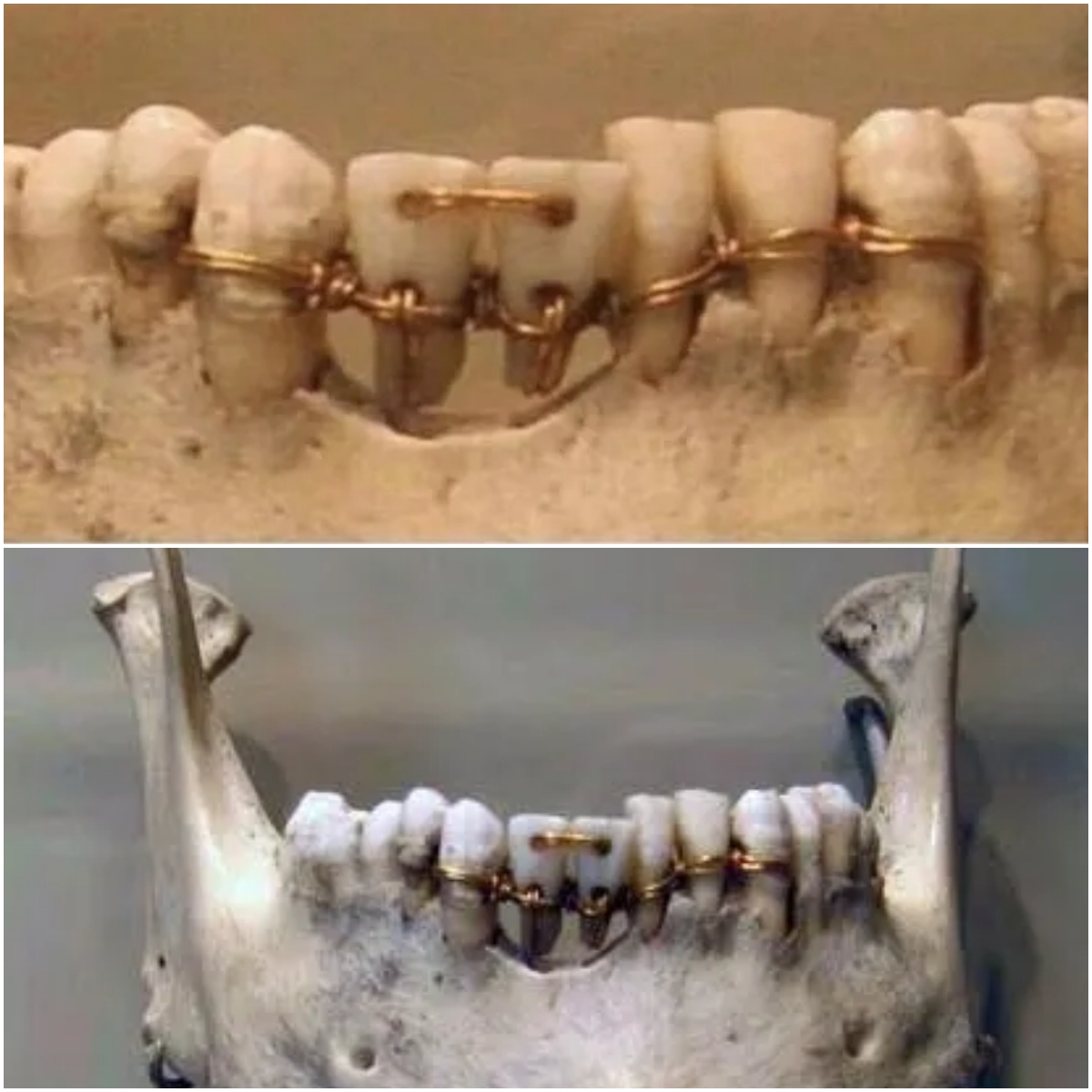Shocking Revelation! The Mystery of the Ancient Shroud of Turin Could Be Revealed by DNA Testing!
The video delves into the ongoing debate over the authenticity of the Shroud of Turin, a relic believed by many to bear the imprint of the body of Jesus Christ. Below are the key takeaways from the video:
🧬 Scientific analysis and DNA testing :
Radiocarbon dating : In the 1980s, radiocarbon testing suggested that the Shroud was created between 1260 and 1390, indicating that it may be a medieval creation.

Controversy and challenges : Critics argued that the sample used may have been contaminated or not representative of the entire fabric, calling into question the radiocarbon dating results.
🌍Global DNA evidence:
Diverse genetic traces : In 2015, scientists found DNA from diverse geographic origins on the Shroud, including sequences suggesting contact with individuals from North Africa, East Africa, and even China.

🌱 Botanical evidence :
Plant DNA : The analysis also revealed traces of DNA from multiple plant species ranging from Mediterranean to North American origins, suggesting a complex history of the Shroud’s geographic journey or exposure.

🔍 Historical and cultural context :
The Journey of the Shroud : Historically, the Shroud is said to have traveled from Jerusalem to Constantinople, then to France and finally to its current location in Turin, Italy.
This exploration raises more questions than it answers, suggesting that while science has brought us closer to understanding the Shroud’s origins, many aspects of its history remain shrouded in mystery. This complexity adds to the intrigue surrounding one of the world’s most studied and controversial religious objects.






